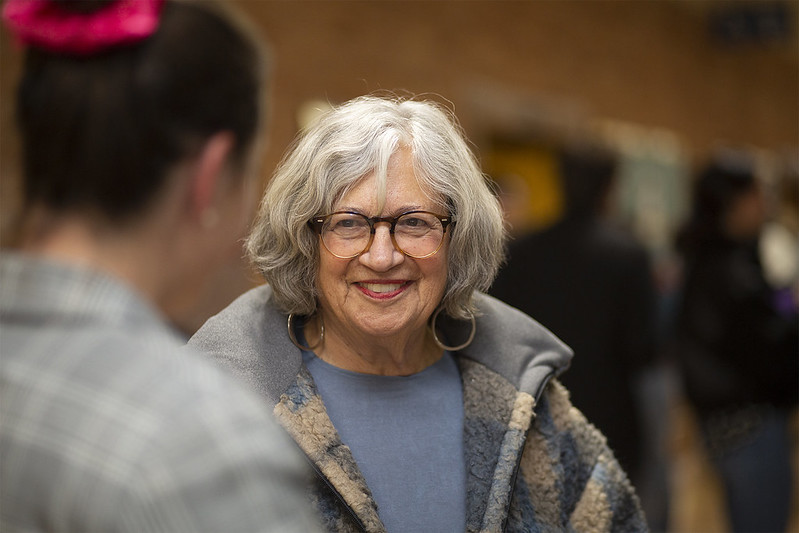Will More States Add Green Amendments to Their Constitution?
UCLA’s Mary Nichols weighs in on the groundbreaking youth climate decision in Montana and the “drumbeat of litigation” that could follow.

Eight simple words helped youth plaintiffs in Montana win their landmark climate lawsuit against the state: “the right to a clean and healthful environment.” The 103-page decision by a state court judge wades through loads of testimony and evidence, but it all comes back to that simple constitutional guarantee. A handful of other states have similar language, sometimes referred to as “green amendments,” in their constitutions. Our colleague Julia Stein told NPR that the Montana decision will be “particularly salient in those states even though it’s not binding.” But 15 states, including New Mexico, New Jersey, and Florida, have active campaigns to “codify green amendments,” according to Bloomberg Law. All are in different stages.
I asked the UCLA Emmett Institute’s Distinguished Counsel Mary Nichols to share her thoughts after reading the decision in Held v. Montana.
What do you find most significant about this decision and its language?
The decision sends a clear message that Montana’s constitutional provision establishing a right to a clean and healthy environment for its citizens means that Montana must consider climate change when considering a permit for any new project. The high-minded language of the constitution takes precedence over a legislative effort to block state officials from considering the impact of new fossil fuel projects on global warming. While the decision is only directly enforceable in Montana, it sends a strong message to other states whose constitutions also declare a right to a healthy environment that similar litigation might succeed in their own jurisdictions. More broadly, the Montana court gives real hope to young people around the country that litigation may be a tool they can use to transform energy policy.
What are some limits to this decision impacting Montana’s policies or influencing litigation in other states?
The oil, gas and coal industries in Montana will not go away quietly. They will look for other statutes that may give them a right or even a duty to keep operating as they are today. They will certainly attempt to block this decision on appeal. The Montanans’ case itself is only a declaration of law; the plaintiffs lost the part of their case that sought injunctive relief in an earlier appeal. States all have their own unique procedural rules that may make it difficult for plaintiffs to get a ruling. While they don’t defer to each other, however, state courts will generally at least look at ground-breaking decisions such as this and consider both the extensive scientific record and the reasoning applied when they are brought forward in amicus briefs.
Any advice to young lawyers interested in these cases?
Clearly this decision vindicates the creativity and tenacity of the lawyers, as well as their choice of plaintiffs who span a wide age range but whose lives will be severely impacted by climate change. There are likely to be other ways to get states to take stronger action against greenhouse gas emissions as usual even in states that have not gone as far as Montana in attempting to block any attempt to condition or stop fossil fuel development. A drumbeat of litigation designed to enforce various state statutory and regulatory requirements would send a stronger message to both the industry and the federal government that continued delay and denial won’t be tolerated.
Could this decision spur a movement in other states to pass a green amendment to their constitutions, guaranteeing a healthy environment?
Organizing a campaign to add an environmental health right to a state constitution is a good way to mobilize young people and increase voter activism. It also puts the inter-generational equity issue squarely on the political agenda. How can current state officials justify permitting new fossil energy projects whose worst impacts will fall primarily on generations too young to vote them out of office?






Reader Comments